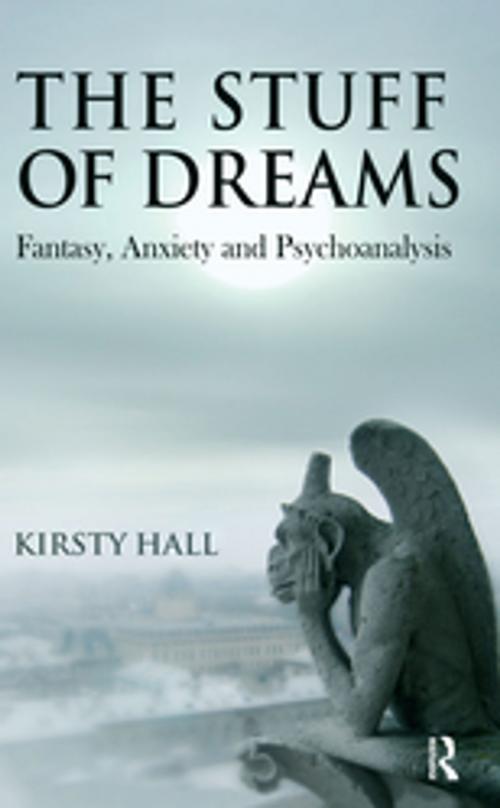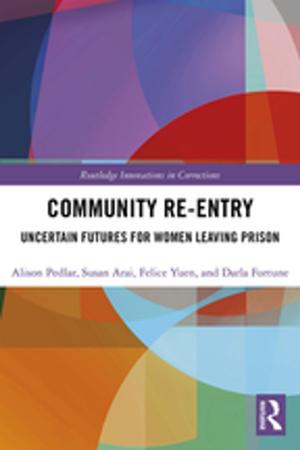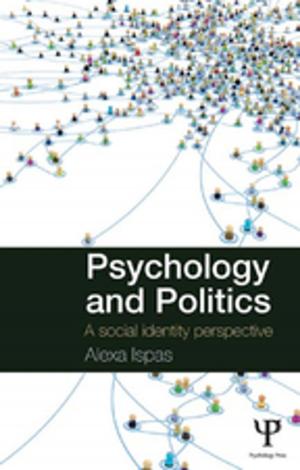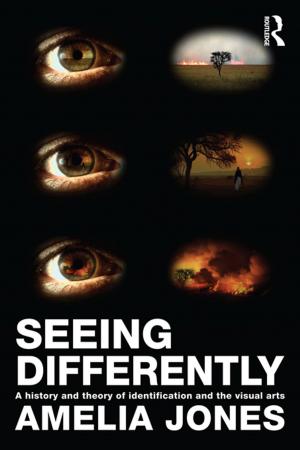The Stuff of Dreams
Anxiety, Fantasy, and Psychoanalysis
Nonfiction, Health & Well Being, Psychology, Mental Health| Author: | Kirsty Hall | ISBN: | 9780429922350 |
| Publisher: | Taylor and Francis | Publication: | April 17, 2018 |
| Imprint: | Routledge | Language: | English |
| Author: | Kirsty Hall |
| ISBN: | 9780429922350 |
| Publisher: | Taylor and Francis |
| Publication: | April 17, 2018 |
| Imprint: | Routledge |
| Language: | English |
Many texts about anxiety are based either in the philosophical tradition or within the medical model under the guise of discussions about post-traumatic stress disorder. In the case of fantasy, however, the usual sources of discussion are in literary and cultural criticism. Bringing the two together offers the scope for a book with an original theme. The balance between clinical ideas, philosophical ideas and literary sources is aimed at keeping both potential audiences interested. Clinicians may find the idea of thinking 'dialectically' helpful with their patients. Although this approach is implied in both Freud and Lacan, this is the first book to put dialectics 'centre stage' in terms of understanding the patient's discourse. As far as general readers are concerned, most texts on fantasy do not 'home in' on the contribution of anxiety to the constantly changing content of fantasy.This book offers a new approach to the problem of anxiety. It suggests that our fantasies (both public and private) offer the key to understanding our anxieties and vice versa.
Many texts about anxiety are based either in the philosophical tradition or within the medical model under the guise of discussions about post-traumatic stress disorder. In the case of fantasy, however, the usual sources of discussion are in literary and cultural criticism. Bringing the two together offers the scope for a book with an original theme. The balance between clinical ideas, philosophical ideas and literary sources is aimed at keeping both potential audiences interested. Clinicians may find the idea of thinking 'dialectically' helpful with their patients. Although this approach is implied in both Freud and Lacan, this is the first book to put dialectics 'centre stage' in terms of understanding the patient's discourse. As far as general readers are concerned, most texts on fantasy do not 'home in' on the contribution of anxiety to the constantly changing content of fantasy.This book offers a new approach to the problem of anxiety. It suggests that our fantasies (both public and private) offer the key to understanding our anxieties and vice versa.















